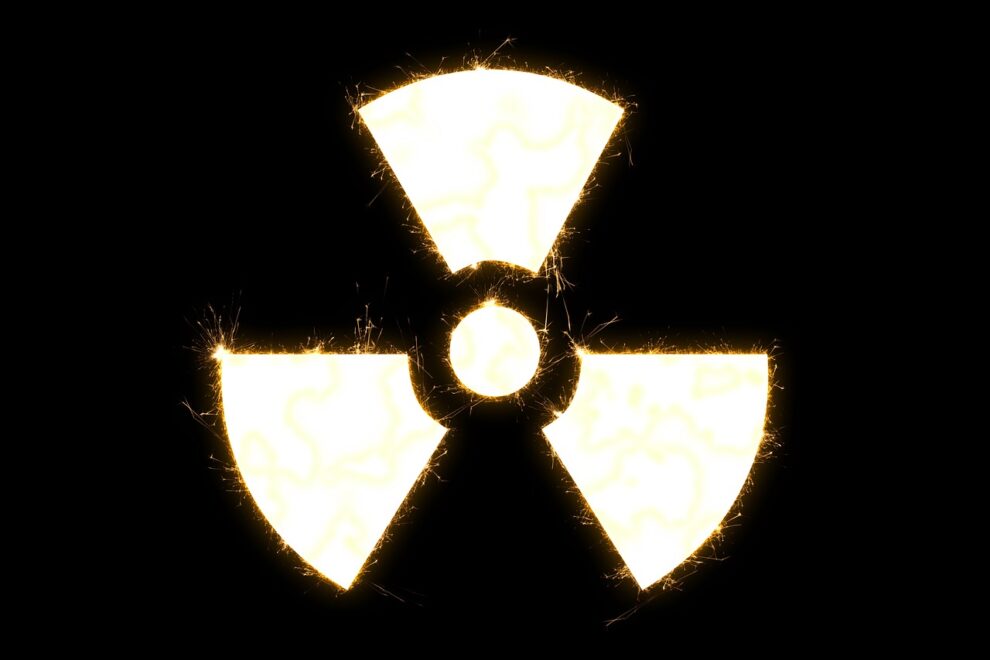The reservoir which had been created by the Kakhovka dam in southern Ukraine can no longer supply water to cool reactors at the Zaporizhzhia nuclear plant, the dam’s operator said Thursday.
Ukrhydroenergo’s chief executive Igor Syrota said the water level at the reservoir had gone “below the critical point of 12.7 metres (42 feet)”.
This means it could no longer supply “the ponds at the Zaporizhzhia nuclear power station to cool the plant”, he said on Ukrainian television.
The dam sits on the Dnipro river, forming a reservoir that provides the cooling water for the Russian-occupied Zaporizhzhia nuclear power station, Europe’s largest, some 150 kilometres (90 miles) upstream.
International Atomic Energy Agency chief Rafael Grossi, who is due to visit the plant next week, said this week that the water could no longer be pumped if the level went below 12.7 metres.
Existing water in cooling ponds at the plant and elsewhere can still be used “for some time” to cool the reactors and the spent fuel pools in the reactor buildings, Grossi said.
Additionally, a large cooling pond next to the site is “currently full and has enough in storage to supply the plant for several months, as its six reactors are in shutdown mode”, he said.
“It is therefore vital that this cooling pond remains intact… I call on all sides to ensure nothing is done to undermine that,” Grossi told a meeting of the agency’s board of governors.
The IAEA has a team of experts at the plant.
The Russian-held dam was destroyed on Tuesday, and Russia and Ukraine have accused each other of being behind it, with both saying that an explosion caused the breach.
Plant staff have already implemented measures to limit the consumption of water, using it for only “essential nuclear-safety related activities”, Grossi said earlier.
“There is a preparedness for events like this… But clearly, this is making an already very difficult and unpredictable nuclear safety and security situation even more so,” Grossi said.
The plant’s reactors have already been shut down, but they still need cooling water to ensure there is no nuclear disaster.
“Absence of cooling water in the essential cooling water systems for an extended period of time would cause fuel melt and inoperability of the emergency diesel generators,” Grossi warned.
He has repeatedly called for the protection of the plant as shelling has taken place near it and also several times disrupted its crucial power supply.
